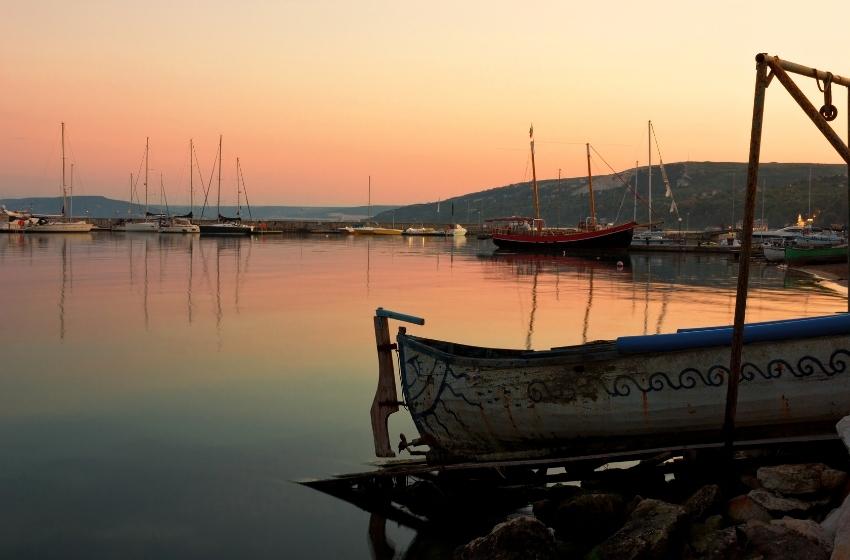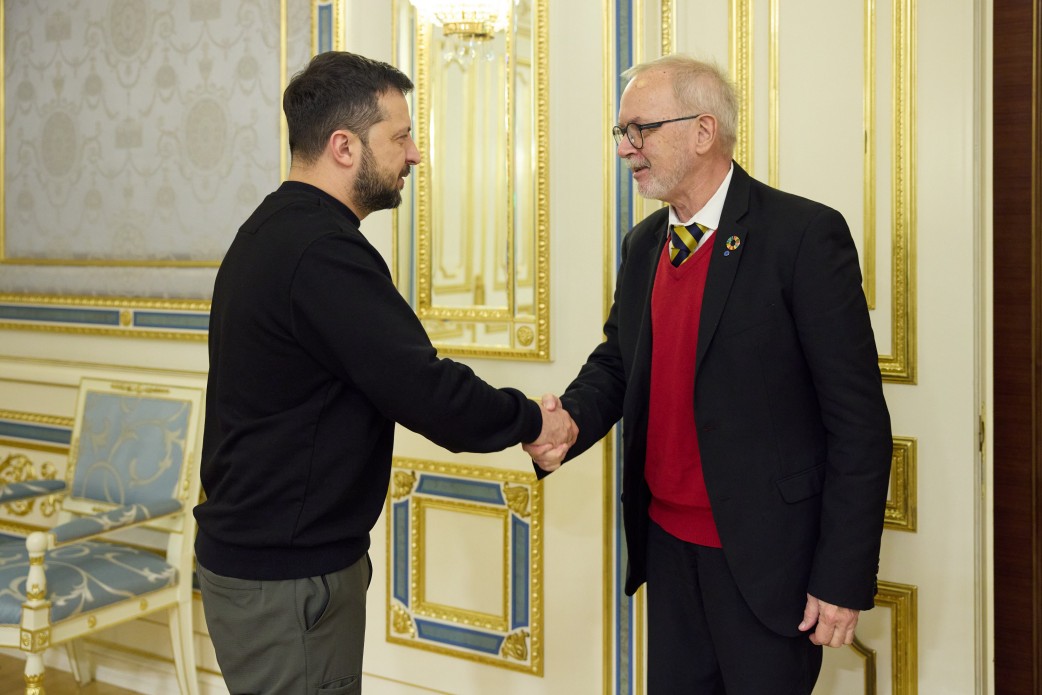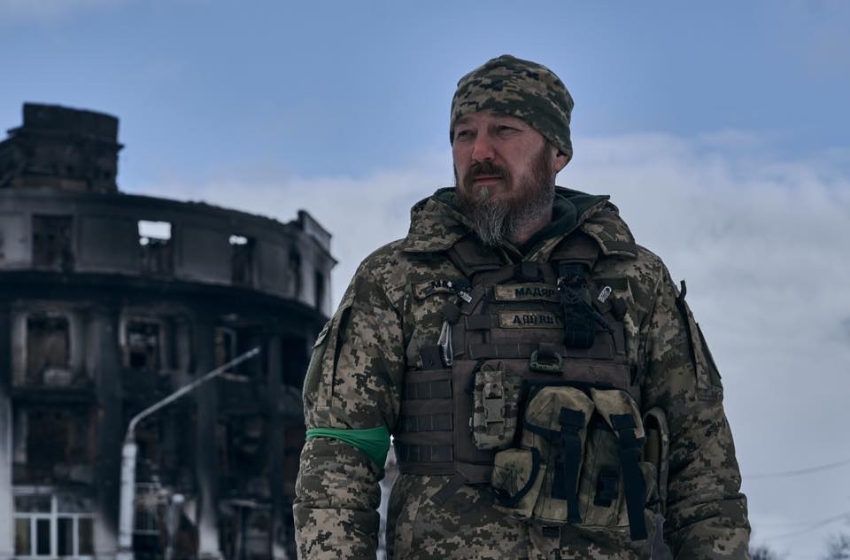Between 600- and 560-years BCE, several ancient Greek colonies were established on the Western coast of the Black Sea. In the Danube (Ister) Delta, the cities of Ister, Tomi, and Odessos, appeared. Tyras (now Belgorod-Dnestrovsky) was built in the downstream reaches of the Dniester, while in the Bug (Hypanis) and Dnieper (Borysthenes) mouths, Olvia (‘the city of plenty’) was built. On the Northern coast of the Black Sea, Greek sailors mainly chose estuaries of big rivers stocked with valuable river fish. These rivers’ firths served as a waystation for vessels. Pliny the Elder wrote in his encyclopaedia: ‘All kinds of fish grow with remarkable rapidity, and more especially those in the Euxine; the reason of which is the vast number of rivers which discharge their fresh water into it. One fish, the growth of which is quite perceptible, day by day, is known as the amia. This fish, and the pelamides, together with the tunnies, enter the Euxine in shoals, for the purpose of obtaining a sweeter nutriment, each under the command of its own leader’. Also, Aristotle in his book ‘History of Animals’ wrote: ‘most fishes migrate to the Euxine for the summer; for owing to the number of the rivers that discharge into this sea its water is exceptionally fresh, and the rivers bring down a large supply of food. Besides, a great number of fishes, such as the bonito and the mullet, swim up the rivers and thrive in the rivers and marshes. The sea-gudgeon also fatten in the rivers and as a rule, countries abounding in lagoons furnish unusually excellent fish’.
Thus, in the VIIth century BCE, ancient Greeks began actively exploring the Black Sea for fishing purposes. The colonies of Byzantium - located where modern Istanbul is found, along with Trebizond (now Trabzon) and Panticapaeum (modern Kerch) became centres of tuna fishing. Then, after the development of Greek colonies in Crimea, settlers started fishing the Black Sea turbot, sarda, mullet, mackerel, rays, and other Black Sea species. They caught common carp, catfish, sander, and certainly sturgeon in the rivers' estuaries and in the Sea of Azov. The fishery was especially important for Olbia and Panticapaeum. And we cannot fail to mention the anchovy! Stone tanks used to salt and preserve anchovies can be found in ancient Greek settlements. There are especially many of them on the banks of the Kerch Strait. The predilection of ancient Greeks for Black Sea fish can be explained by both their taste and abundance. Desalinated shallow regions in the North-Western part of the Black Sea and the Sea of Azov were valuable feed beds, which attracted a lot of fish. Tuna came to the Sea of Azov from the Mediterranean annually, migrating along the Southern coast of the Black Sea. The unique natural Azov-Black Sea ‘canteen’ contributed to their steady growth and accumulation of fat. This is why the taste of the same fish species that inhabited the Mediterranean and the Black Sea was incomparably better on the northern edges of the antique world.

Ancient Greeks in the Black Sea became the first industrial fishermen. They used different kinds of fishing gear (seines, drift nets, pound nets, and traps) and special vessels for fishing. They were the first to use the pound net (dalyan) and mullet cast net, the construction of which has not changed and remains in use to this day.
Today, people continue to catch a great deal of fish in the Black Sea. In the last few years, about 400,000 tonnes of live marine resources were harvested from the sea. Turkey is the leader in fish harvests among the Black Sea countries; it catches more than a half of all fish caught in the Black Sea. Alas, as a result of overfishing, tuna and mackerel have disappeared from the Black Sea. Sturgeons are considered an endangered species, and their catch is now legally forbidden in all Black Sea countries, although poachers do occasionally violate this rule. Numbers of Black Sea brill and spiny dogfish are rapidly reducing; they have also been included on the Red Book lists of the Black Sea countries. One of the smallest fish in the Black Sea – the European anchovy, as well as two invasive species introduced in the XXth century: the so-iuy mullet and the predator mollusc Rapa, have become key species for Black Sea fisheries.
The publication was prepared with the financial support of the EU – UNDP project ‘Improving Environmental Monitoring in the Black Sea: Selected measures’ (EMBLAS-Plus). This publication was produced with the financial support of the European Union and UNDP. Its contents are the sole responsibility of the authors and do not necessarily reflect the views of the European Union or UNDP
Authors: B. Aleksandrov, O. Adrianova, N. Atamas, V. Bolshakov, O. Bondarenko, I. Chernichko, V. Demchenko, S. Dyatlov, Y. Dykhanov, E. Dykyi, O. Garkusha, P. Gol’din, S. Hutornoy, V. Komorin, Y. Kvach, V. Mamaev, O. Manturova, O. Marushevska, A. Mikelyan, Yu. Mikhalev, G. Minicheva, I. Sinegub, T. Shiganova, J. Slobodnik, A. Snigiryova, M. Son, K. Vishnyakova, A. Zotov. Illustrator: I. Pustovar.






















